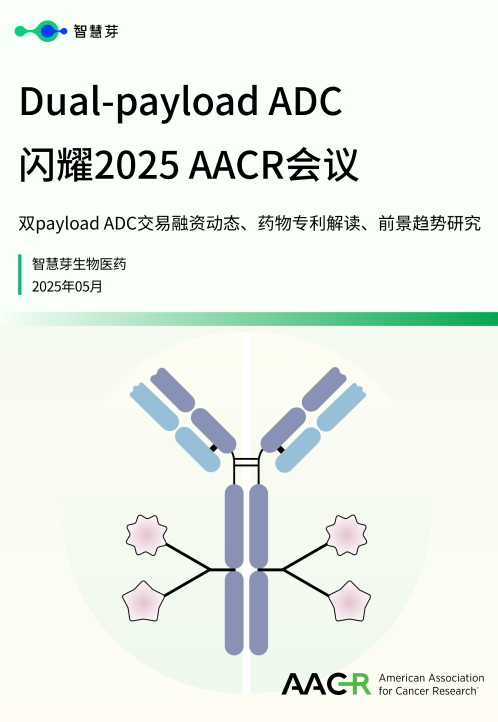预约演示
Latest Ozempic results 'move the needle' for treating patients with diabetes, chronic kidney disease: Novo exec
2024-05-24
临床3期临床结果上市批准
While semaglutide has already enjoyed ample popularity, “I do believe that these results really move the needle,” Novo Nordisk's executive medical director Michael Radin, M.D., said.
While semaglutideo overstate the success Novo Nordisk’s GLP-1 franchise has already achieved, the company’s latestNovo Nordisknto semaglutide data in chronic kidney disease (CKD) could help set a new standard for “holistic” care for many diabetes patients, the company’s executive medical director, Michael Radin, M.D., told Fierce Pharma.
Early Friday, Novo shared full results frNovo NordisktriGLP-1sessing the ability of once-weekly semaglutide 1.0 mg to help combat semaglutidey outcomechronic kidney disease (CKD)ss of kidney function and death from kidney or cardiovasculadiabetes in people with Type 2 diabetes and CKD.
Of note in the latest data drop, semaglutide helped slash the risk of major cardiovascular eventsemaglutided reduced the risk of all-cause mortality by 20%. Furkidney failure of kidney function decline over time was “significantly slower” with semaglutide versusType 2 diabetesackedCKD estimated glomerular filtration rate—a common measure of kidney function—Radin said.
Novo presented its detailed look semaglutide results at the 61st meeting of the European Renal Association. The data were also published Friday in The New England Journal of Medicine.semaglutide
The full results come after Novo shared headline data in March that found semaglutide reduced the risk of kidney disease progression and kidney and cardiovascular death by 24%. Back in October, the company halted its FLOW trial early thanks to a positive efficacy signal.
While semaglutide has already enjoyed ample popularity and uptake, “I do bsemaglutide these results reallykidney diseasele,” Radin said.
“In otsemaglutideType 2 diabetes doesn’t exist in a vacuum: These patients often have concomitant cardiovascular disease, they have chronic kidney disease, and there’s a move in the medical community to be able to treat these patients holistically,” he explained.
CKD affects more Type 2 diabetesn people worldwide, according to Novo Nordisk. Some 40% of patientcardiovascular disease also have Cchronic kidney diseaseeventually require dialysis, Radin noted. Those patients are also more likely to die of cardiovascular death.
CKDRadin’s eyes, the FLOW data make "semaglutide stand out uniqueNovo Nordiskhe options that are availablType 2 diabeteswith type 2CKDabetes and chronic kidney disease.”
The medical director pointed to othersemaglutide care for CKD, including Bayer’s Kerendia (finerenone), RAS inhibitors and SGtype 2 diabetes whicchronic kidney diseasecomings. Kerendia and RAS drugs can't help with glycemic control, Radin said, whereas SGLT2 inhibitors’ glycemic efficacy wanes as kidney function worsens.
Safety results in FLOW were on par with semaglutide’s knowCKDrofile in other clinical trialfinerenoneaidRAS inhibitorsRAShe Novo exec notSGLT2at “significantly fewer” patients in the trial’s semaglutide group experienced a serious adverse event versus the control armSGLT2ever, more patients on semaglutide discontinued therapy compared to placebo, driven by gastrointestinal disorders, which is consistent with the GLP-1 class as a whole, Radin noted.
Back in March, when Novo unveiled its hesemaglutide in CKD, the company said it would file for regulatory approvals in the U.S. and Europe this year to expand semaglutide’s labesemaglutidedin was unable to provide an update on that front, he confirmed that Novo is sticking by its semaglutidek updated approvals in kidney disease by the end of 2gastrointestinal disordersGLP-1
Elsewhere, Novo is fNovorom done with its semaglutide dCKDlopment journey. The company currently has a functional trial underway in patients with Type 2 diabetsemaglutide peripheral arterial disease with symptomatic claudication, which is set to read out atNovo end of the year, Radin said.kidney disease
In terms of liver health, Novo is also asssemaglutideglutide’s potential ability to help with fibrosis in patients with fatty liver disease and stType 2 diabetesn a phase peripheral arterial diseasesymptomatic claudication
The company is testing oral semaglutide for its asemaglutideelp people with early Alzheimer’s fibrosisas well. Novo currfatty liver diseases undsteatohepatitispace—evoke and evoke+—which are assessing semaglutide in diabetes and non-diabetes Alzheimer’s populations.
Semaglutide is currently appsemaglutides injectable form as Ozempic for Typeearly Alzheimer’s disease in obesity. Both medicines also boast nods for cardiovascular risk reduction. There's also an oral semaglutide drudiabetes Rybelsusdiabetesbetes.
更多内容,请访问原始网站
文中所述内容并不反映新药情报库及其所属公司任何意见及观点,如有版权侵扰或错误之处,请及时联系我们,我们会在24小时内配合处理。
Eureka LS:
全新生物医药AI Agent 覆盖科研全链路,让突破性发现快人一步
立即开始免费试用!
智慧芽新药情报库是智慧芽专为生命科学人士构建的基于AI的创新药情报平台,助您全方位提升您的研发与决策效率。
立即开始数据试用!
智慧芽新药库数据也通过智慧芽数据服务平台,以API或者数据包形式对外开放,助您更加充分利用智慧芽新药情报信息。



